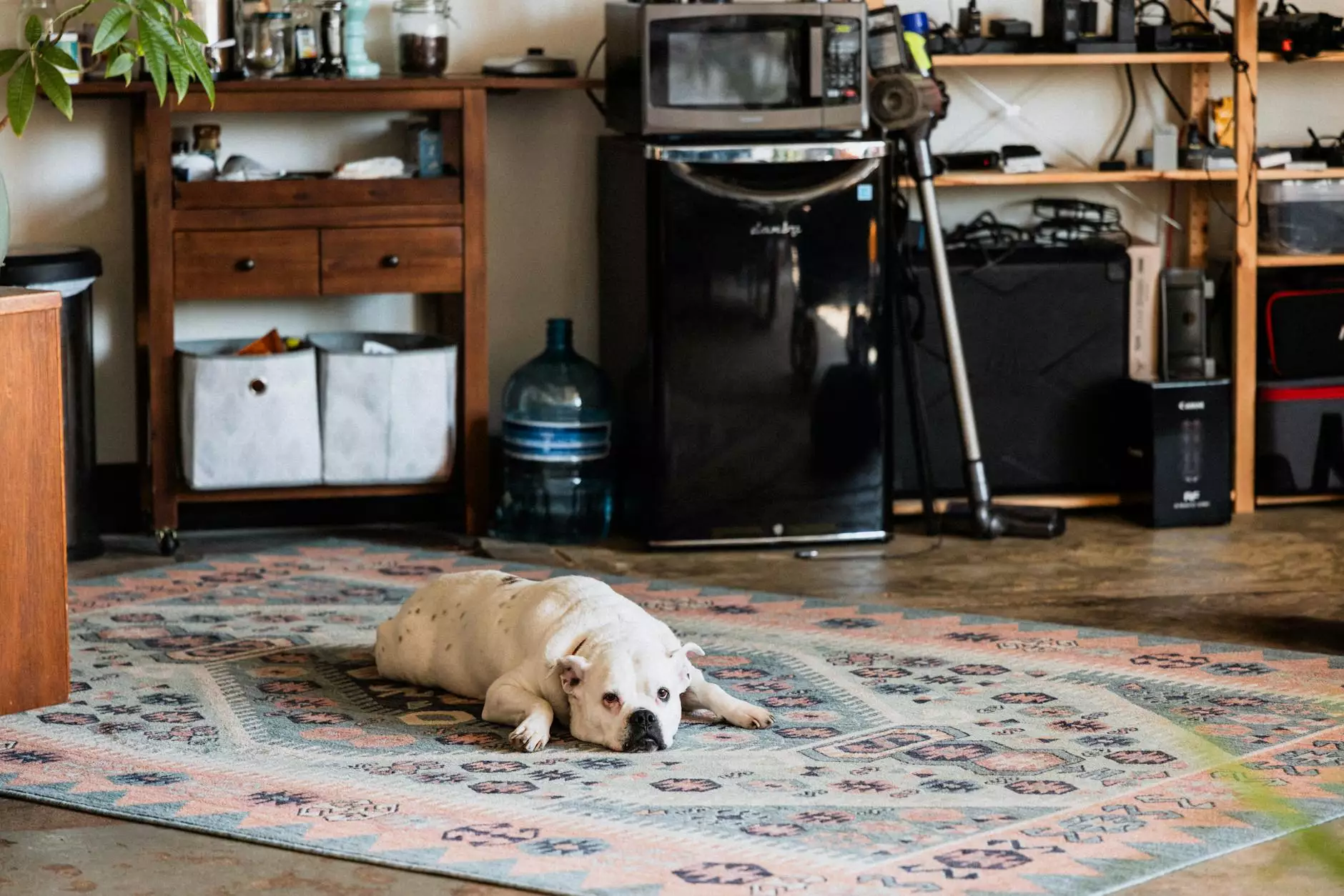The Importance of Refrigeration Equipment in Modern Business

In today’s competitive landscape, the role of refrigeration equipment in business operations cannot be understated. Whether you're in the food industry, pharmaceuticals, or logistics, the need for reliable and efficient cooling solutions is paramount. This article delves into the various aspects of refrigeration equipment, its significance, and the advancements that are shaping its future. We’ll also highlight how https://www.first-coldchain.com/ provides innovative solutions for your refrigeration needs.
Understanding Refrigeration Equipment
Refrigeration equipment refers to a variety of systems designed to keep products at optimal temperatures. These systems are crucial for preserving the integrity of perishable goods and ensuring that they remain safe for consumption or use. The main types of refrigeration equipment include:
- Commercial Refrigerators: Used in supermarkets and restaurants, these units keep food and drinks chilled.
- Industrial Refrigerators: Large systems designed for bulk storage in facilities such as warehouses and factories.
- Transport Refrigeration: Equipment used in vehicles to maintain low temperatures during the transportation of goods.
- Blast Freezers: These units rapidly freeze products, maintaining their quality and safety.
The Significance of Refrigeration in Various Industries
Different industries rely on refrigeration equipment to ensure product safety and quality. Here’s a closer look at several key sectors:
1. Food and Beverage Industry
The food industry is perhaps the most dependent on effective refrigeration. With the need to keep fresh produce, dairy, and meats at safe temperatures, businesses in this sector must invest in high-quality refrigeration solutions to prevent spoilage and waste. According to studies, nearly 30% of food produced globally is lost or wasted, often due to inadequate storage.
2. Pharmaceuticals
In the pharmaceutical industry, maintaining the right temperatures is critical. Many medications and vaccines require strict temperature controls to remain effective. Failure to comply with these standards can lead to significant health risks and financial losses. Therefore, advanced refrigeration equipment is essential for hospitals, pharmacies, and research facilities.
3. Floral and Agricultural Business
The floral industry also relies heavily on refrigeration. Proper cooling preserves the freshness of flowers and extends their shelf life. Similarly, agriculture businesses benefit from refrigeration systems to store fruits, vegetables, and flowers post-harvest, reducing spoilage rates and enhancing profitability.
Innovations in Refrigeration Technology
The refrigeration industry has witnessed remarkable technological advancements aimed at enhancing performance and sustainability. Key innovations include:
1. Environmentally Friendly Refrigerants
The shift towards eco-friendly refrigerants is pivotal in the fight against climate change. New refrigerants minimize ozone depletion and reduce global warming potential. This transition is not only beneficial for the environment but also helps businesses meet regulatory compliance and improve their sustainability profiles.
2. Energy-Efficient Systems
With energy costs soaring, businesses are increasingly investing in energy-efficient refrigeration systems. These systems not only lower operational costs but also contribute to reduced carbon footprints. Technologies such as variable speed compressors and advanced insulation materials have been pivotal in increasing energy efficiency.
3. IoT and Smart Refrigeration Solutions
The Internet of Things (IoT) has revolutionized how businesses manage refrigeration. Smart refrigerators equipped with sensors and monitoring systems enable real-time tracking of temperatures, helping to prevent product loss. These innovations empower businesses to optimize their cooling operations and ensure compliance with food safety standards.
Choosing the Right Refrigeration Equipment
Selecting the right refrigeration equipment can be a daunting task for any business owner. Below are key considerations to help guide your decision-making:
1. Assess Your Needs
Begin by analyzing the specific requirements of your business. Consider factors such as the type of products you need to store, the volume of goods, and how long they need to be kept at certain temperatures. This assessment will help determine the kind of refrigeration system that suits you best.
2. Energy Efficiency
Opt for systems with high energy-efficiency ratings. An energy-efficient refrigeration system can significantly reduce your overall operational costs and contribute to your sustainability goals.
3. Maintenance and Support
Choose suppliers who provide excellent support and maintenance services. Regular maintenance is vital for ensuring optimal performance and longevity of your refrigeration systems. Some companies, like First Cold Chain, offer comprehensive service packages that cover installation, preventive maintenance, and emergency repairs.
The Economic Impact of Refrigeration Equipment
The refrigerator market significantly impacts the economy, influencing supply chains, job creation, and environmental sustainability. Proper refrigeration equipment enables businesses to operate efficiently and reduces food waste—an essential factor in enhancing profitability and sustainability.
Reducing Food Waste
Effective refrigeration significantly minimizes food waste. By ensuring products are stored at the correct temperatures, businesses can maintain the quality of food items longer, reducing the loss associated with spoilage. In turn, this enhances customer satisfaction and loyalty, driving sales and revenue.
Boosting the Local Economy
The refrigeration sector also plays a crucial role in local economies. From manufacturing to distribution and retail, refrigeration equipment creates jobs and generates revenue across numerous industries. A strong cold chain system supports local farmers and producers, enhancing their market access and profitability.
Conclusion
In conclusion, the importance of refrigeration equipment in modern business cannot be overstated. Businesses across various sectors depend on high-quality cooling solutions to maintain product integrity, enhance efficiency, and ensure compliance with safety regulations. By investing in advanced refrigeration technologies, such as those offered by First Cold Chain, companies can maximize their potential and boost their bottom line while contributing positively to environmental sustainability. The future of refrigeration is bright, with continuous innovations set to pave the way for even greater efficiency and effectiveness in cold chain management.









